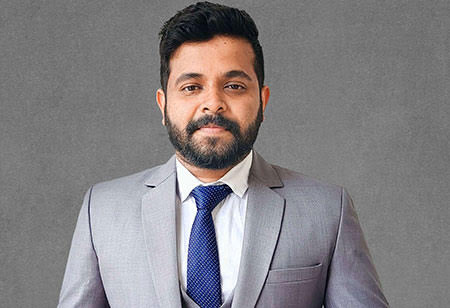
The HyperGES Chapter of USC

 Research and innovation have been the cornerstone of the success of the University of San Carlos (USC), a private, Catholic, research, co-educational basic and higher education institution under the Society of the Divine Word missionaries in Cebu City, Philippines, established in 1935. It’s been only weeks since a team from USC won the European Union (EU) Whiz 2024 Championship, defeating four other finalists in a competition that tested students on the EU’s history and its partnership with the Philippines. It is no wonder that For the second year in a row, the University of San Carlos (USC) ranked first among the top universities in Cebu City (according to EduRank).
Research and innovation have been the cornerstone of the success of the University of San Carlos (USC), a private, Catholic, research, co-educational basic and higher education institution under the Society of the Divine Word missionaries in Cebu City, Philippines, established in 1935. It’s been only weeks since a team from USC won the European Union (EU) Whiz 2024 Championship, defeating four other finalists in a competition that tested students on the EU’s history and its partnership with the Philippines. It is no wonder that For the second year in a row, the University of San Carlos (USC) ranked first among the top universities in Cebu City (according to EduRank).
One step further, this year, the United Nations Office for Outer Space Affairs (UNOOSA) and the European Space Agency (ESA) have selected a team from the Philippines formed from the University of San Carlos (and the Holy Name University) for the third round of the Fellowship Program on the Large Diameter Centrifuge Hypergravity Experiment Series "HyperGES". HyperGES allows selected teams to conduct hypergravity experiments at the Large Diameter Centrifuge (LDC) facility at the European Space Research and Technology Centre (ESTEC) of ESA. The excitement of USC is evident from its president’s words.
USC President Antonio T. Estepa said, "We are delighted that UNOOSA and ESA are supporting our experiment HG-CELLS for testing the adaptation of bone cells to hypergravity, attached to 3D-printed scaffolds. This experiment will use locally produced biomaterials and will inspire future generations of young scientists in our community". CEO Insights Asia wishes USC all the very best for this endeavor as we present our yearly special issue featuring the prestigious alumni of the institute. Do let us know your thoughts.
